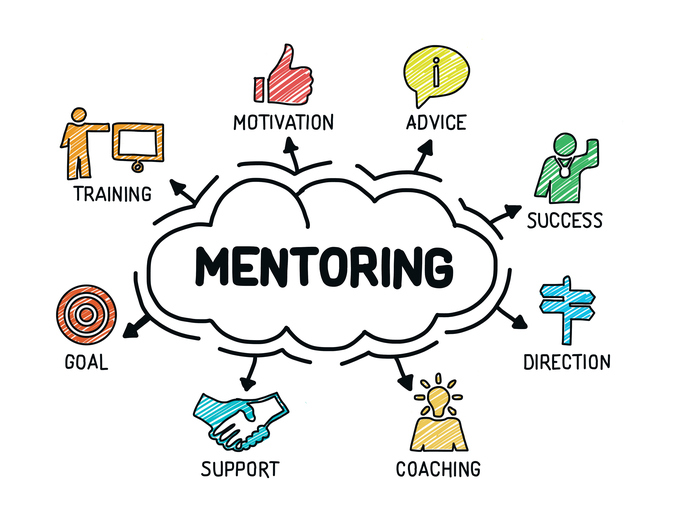Another Moment in London
London makes me think. Not just about logistics or life goals. But about the impossible.

Have you ever sent or received a message like this?
“Hey Joe, I found your post interesting. Can you be my mentor?"
I did something like that back in 2017, while in college. Fortunately, the person I approached was empathetic. His reply? “That’s a huge commitment—let’s get to know each other first." We did, and interestingly, I never formally asked him again to be my mentor. Over time, we just fell into a natural rhythm, and one day I realized, he was my mentor. It all happened without any formal request, just through building a relationship.
Looking back, this taught me that mentorship isn’t something you simply ask for—it’s something that grows organically. Mentorship isn’t about you alone; it’s about the relationship you build, and that relationship requires mutual effort. It’s more than just finding someone successful and asking for their wisdom. Mentorship is a two-way street where both parties grow and benefit.
But here’s the thing people often misunderstand: mentorship requires time, energy, and a strong commitment from both sides. You need to be deliberate, intentional, and invested in the process. One of the best ways to show appreciation to a mentor is through growth. They give you guidance, but you have to put in the work and show them that you’re serious about improving. It’s about minimizing mistakes, sure—but it’s also about showing your mentor that you’re worth the investment.
Early on, I didn’t fully understand how important it was to have a clear goal in a mentorship relationship. You can’t expect someone to guide you if you don’t know where you want to go. Even if your goal isn’t perfectly defined, you need to have some idea of what you’re aiming for. It saves both you and your mentor time and helps set expectations. The hardest thing for a mentor is working with someone who’s unsure of their path—it’s like trying to steer a boat with no destination in mind.
A mentorship relationship shouldn’t be one-sided. Yes, you’re seeking guidance, but what can you offer in return? How can you contribute to your mentor’s life? It can be as simple as sharing news or updates that might interest them, or celebrating your small wins and acknowledging how their guidance helped you get there. One of my mentors once told me the only repayment he wanted was for me to grow into a better engineer and pay it forward by mentoring others in the future. This sense of reciprocity keeps the relationship healthy and meaningful.
Before reaching out, do your research. Learn about potential mentors—read their work, listen to their interviews, follow their thought leadership. If they’ve written a book, invest in it. The more you know, the more likely you’ll be able to have meaningful conversations that turn you from a stranger into someone worth their time. A mentor is not just a casual connection; it’s someone who will invest in you, and you have to be ready to reciprocate that investment.
Asking someone outright to be your mentor rarely works. Instead, try finding a mutual connection to introduce you. Or start by engaging with their work—comment on articles, share their content, or attend events where they speak. Build familiarity first, and the relationship will feel more natural when you ask for their time.
Mentorship requires patience. You need to understand that mentors are often busy with their own lives, families, and careers. They may not always be able to meet your timeline or availability, and that’s okay. Don’t take it personally if they have to cancel a meeting or if they don’t get back to you right away. Stay consistent, follow up respectfully, and always be understanding of their commitments.
One of the most important lessons I’ve learned about mentorship is the need to take the lead. You must be proactive in scheduling meetings, setting agendas, and following up. Your mentor’s time is valuable, and you need to show respect by being organized and prepared. If there’s a goal you’ve both set, be the one driving progress and accountability. This shows maturity and commitment, qualities that mentors deeply respect.
Mentorship isn’t just about receiving advice—it’s about building a relationship of mutual growth. It requires effort, time, and patience from both sides. If you want to make the most of it, approach it with intention. Be clear about your goals, give back in ways that matter, and be patient in the process.
It’s not just about finding someone to help you—it’s about becoming someone who’s worth helping.